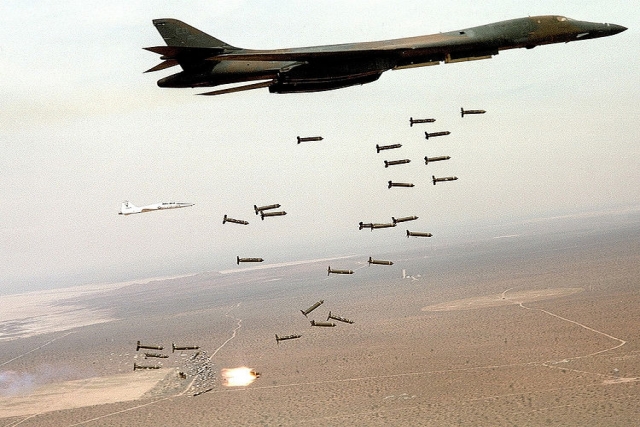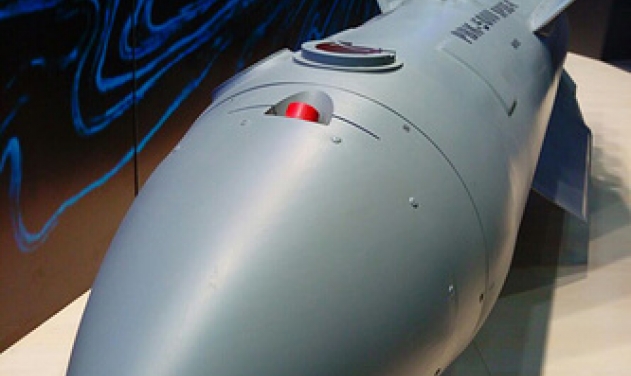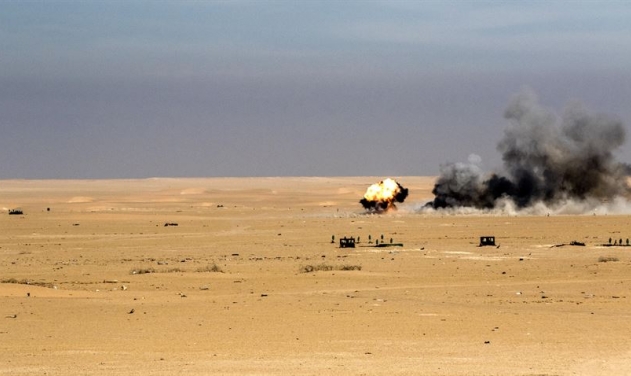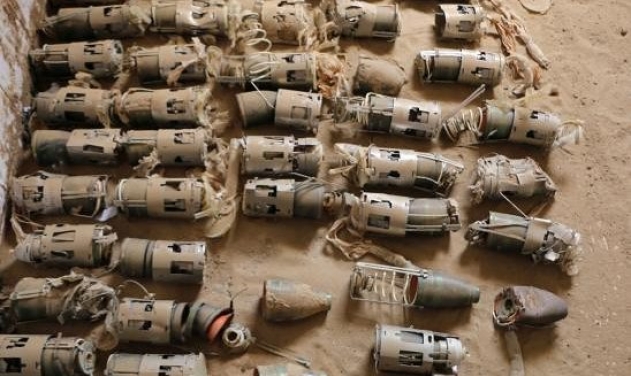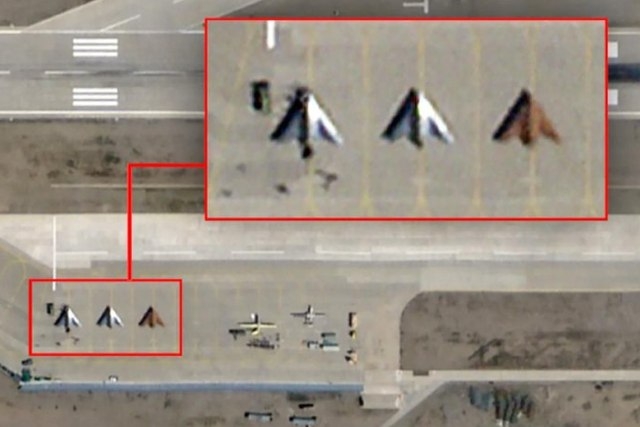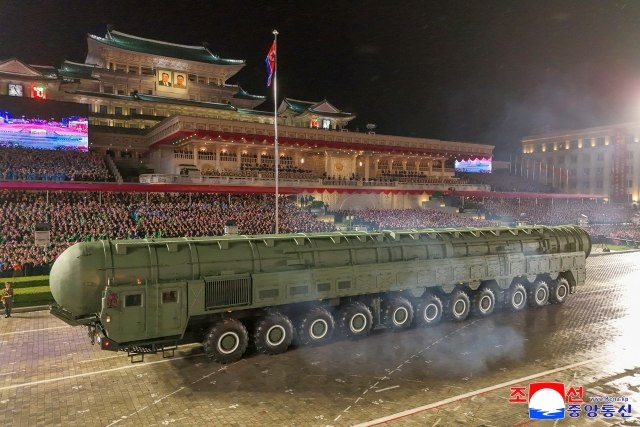Turkey to Send Cluster Munitions to Ukraine
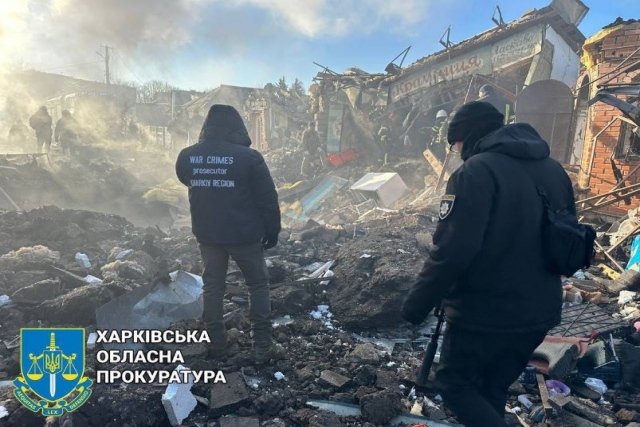
Ukraine’s armed forces have received dual-purpose improved conventional munitions (DPICMs), air-to-surface variant of which is known as cluster bombs, from Ankara.
U.S.-based Foreign Policy magazine wrote in a January 10 article that deliveries of DPICMs of unknown volume to Kyiv began in November.
DPICMs high dud rate and the danger that unexploded submunitions might pose to civilians have invited protests worldwide over their use in conflicts. They are designed to destroy tanks by bursting into smaller submunitions.
Most western European nations are signatories to the UN-sponsored 2008 Convention on Cluster Munitions. U.S., Russia, Ukraine and Turkey are not signatories.
Ukraine almost ran out of Soviet-standard artillery ammunition in April, forcing the Armed Forces of Ukraine (AFU) to hastily incorporate NATO-standard 155mm howitzers and shells into its inventory and train gunners to use the weapons. The U.S.-designed 155mm howitzer shell scatters about 88 anti-tank bomblets.
During periods of intense combat over the summer, AFU gunners fired off 2,000-3,000 155mm shells daily, leading NATO logisticians to scour world arms markets for more ammo.
Asked for comment on the Turkish shell shipments to Ukraine by reporters in Moscow, Russian presidential spokesman Dmitriy Peskov said “It is difficult to comment on the credibility of such reports, but we are monitoring them closely.”
Turkey, since Russia’s full-scale invasion of Ukraine in Feb. 2022, has attempted to steer a more neutral road between the two warring countries and their allies, providing much-needed weapons to Kyiv while, simultaneously, allowing Russian tourists and capital into Turkey. Turkish President Recep Tayyip Erdogan has called for Kyiv and Moscow to accept a ceasefire and resolve their differences in talks, potentially with Ankara acting as an honest broker.
